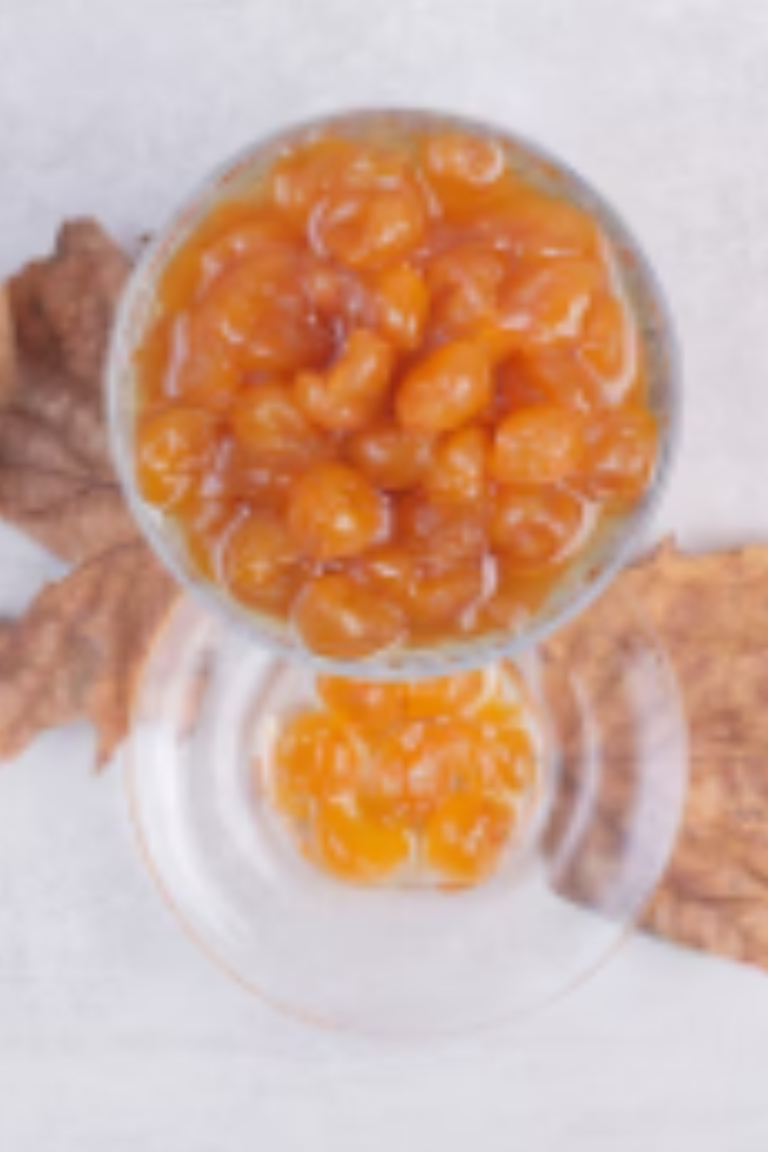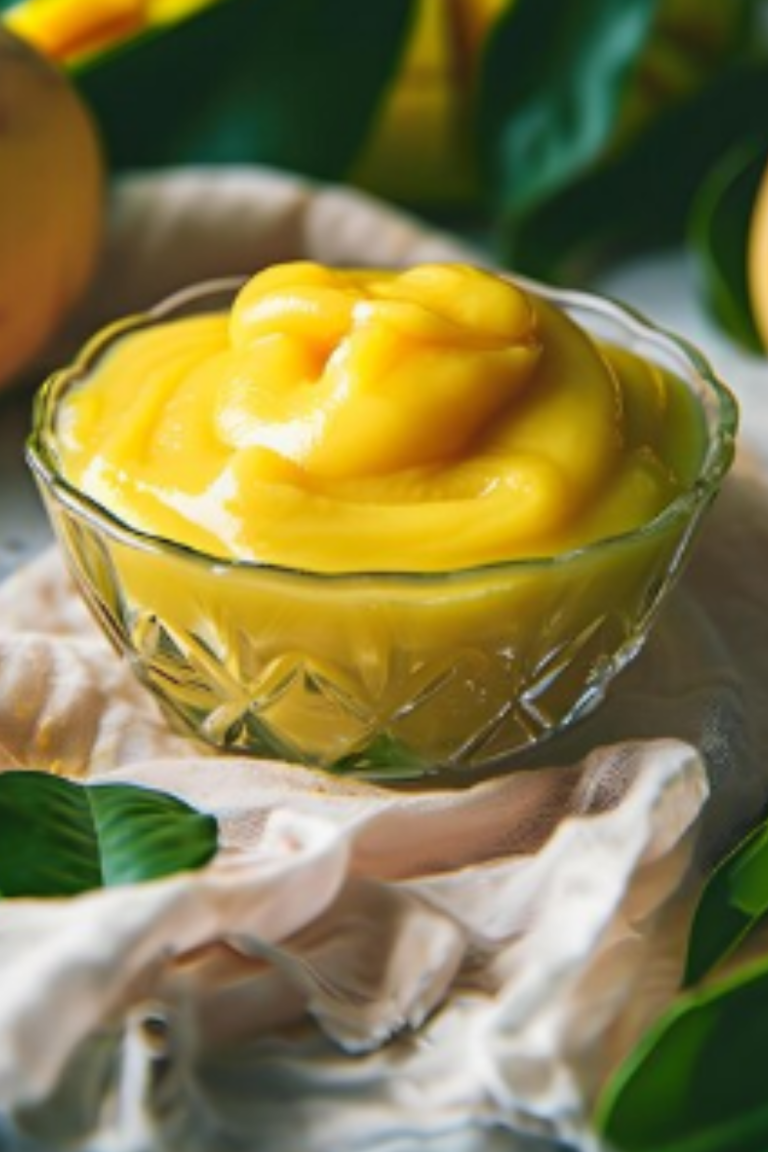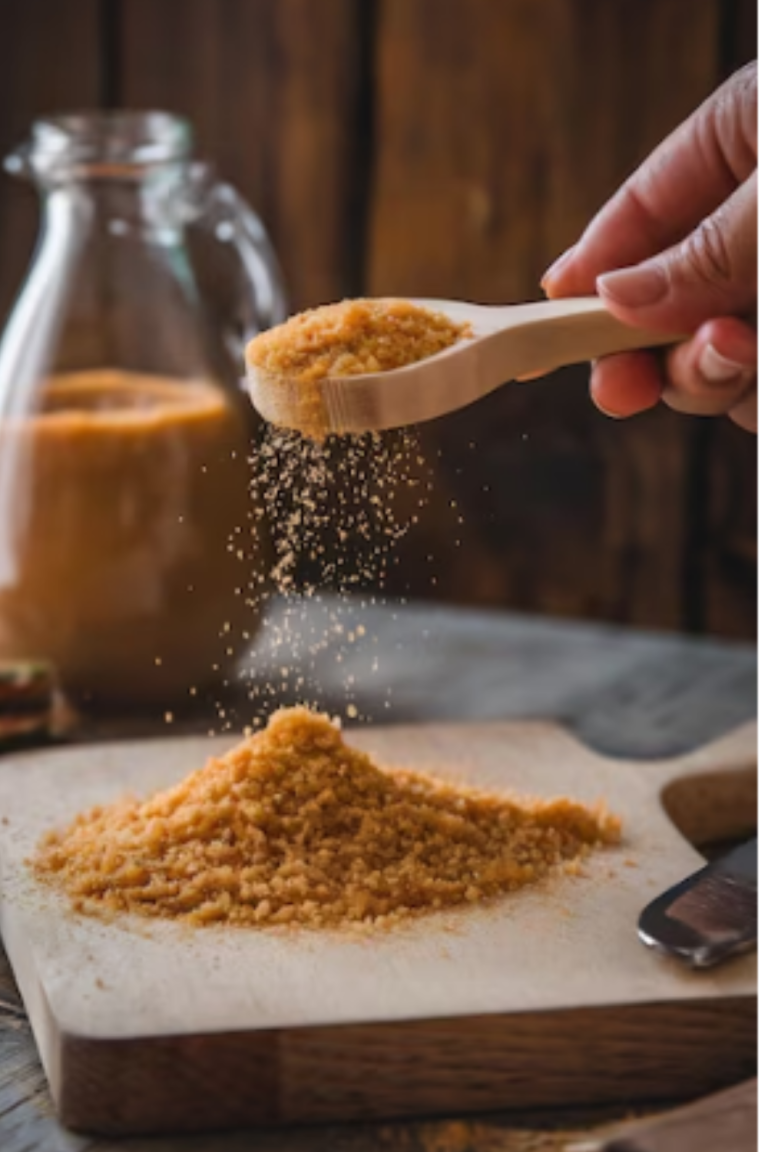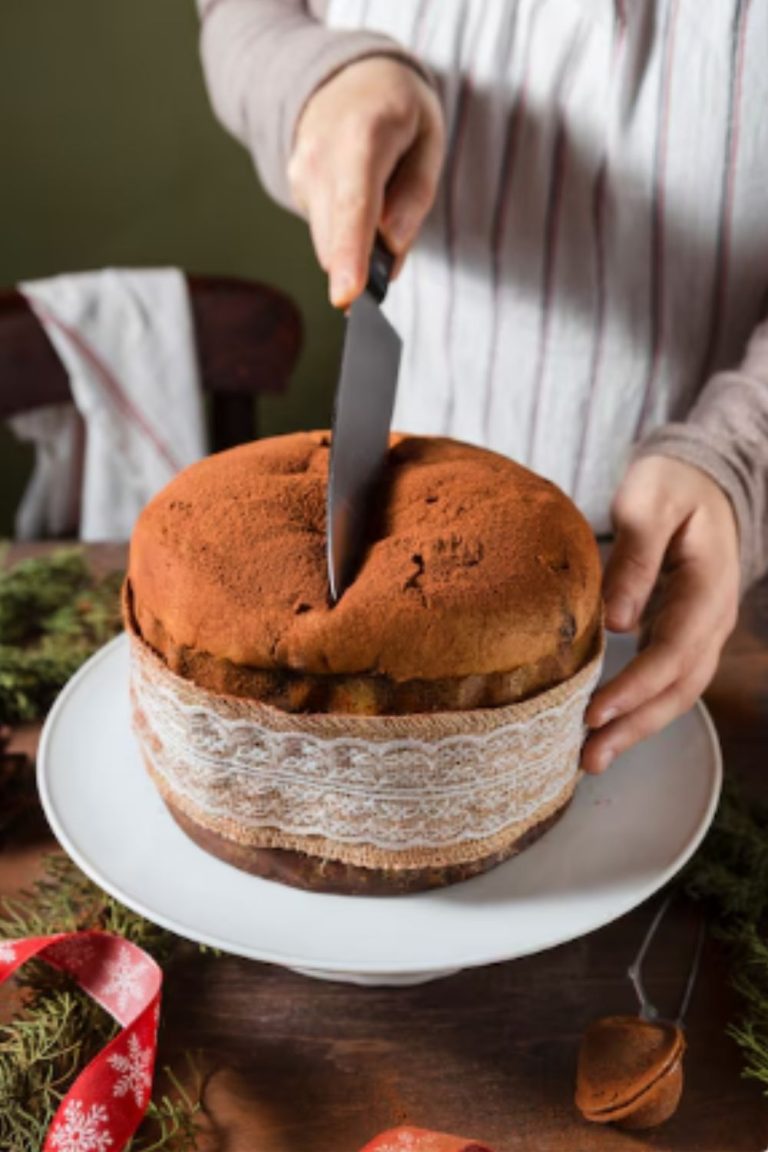AP: Almond Paste role in cakes Explained
Almond paste ever wondered what it actually does in cakes? Let me break it down for you. Almond paste is a versatile ingredient that adds a unique flavor and texture to baked goods, particularly cakes. It’s not just about sweetness; it brings a depth of nuttiness and richness that can elevate your desserts to a whole new level.
Table of Contents
ToggleWhat is Almond Paste and What’s Its Role in Cakes?
Almond paste is a blend of ground almonds, sugar, and sometimes egg whites or glucose syrup. It’s smoother and finer than marzipan, another almond-based confection, and has a higher almond content. This means it not only sweetens but also adds a distinct almond flavor that’s more pronounced.
In cakes, almond paste serves several key purposes:
Check out the right Almond Paste, and ingredients that you need here.
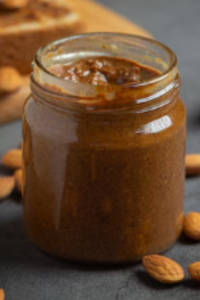
Enhancing Flavor and Texture
When incorporated into cake batter, almond paste disperses its rich, nutty taste throughout. This infusion of flavor goes beyond mere sweetness, providing a complexity that complements various cake flavors, from chocolate to citrus.
Moisture Retention
Almond paste helps cakes retain moisture, preventing them from drying out, especially useful in dense cakes like pound cakes or fruitcakes. The natural oils from almonds contribute to a moist crumb and a longer shelf life.
Adding Density and Structure
Due to its slightly dense nature, almond paste contributes to the structure of cakes. It helps bind ingredients together and adds a pleasant chewiness, particularly noticeable in almond-based cakes where the paste is a prominent ingredient. Check out the right Almond Paste, and ingredients that you need here.
Versatility in Use
Apart from being a cake ingredient, almond paste can also be used in cookies, pastries, and even as a filling for chocolates or pastries like croissants and Danish. Its adaptability makes it a favorite among bakers looking to add a sophisticated almond flavor to their creations.
Comparing Almond Paste and Marzipan: Drilling Deeper
Now that you understand the role of almond paste in cakes, let’s delve into how it compares with its close cousin, marzipan.
Almond Paste vs. Marzipan: What’s the Difference?
Ingredients:
- Almond Paste: Made primarily from ground almonds and sugar, with a higher almond content. It may contain additional ingredients like glucose syrup or egg whites.
- Marzipan: Also made from almonds and sugar but tends to have a higher sugar content compared to almond paste. It’s often smoother and more pliable due to the addition of more sugar and sometimes includes almond extract for flavor.
Texture:
- Almond Paste: Coarser and less sweet than marzipan, with a slightly grainy texture from the ground almonds.
- Marzipan: Smoother, softer, and sweeter, making it ideal for molding into shapes and covering cakes or confections. Check out the right Almond Paste, and ingredients that you need here.
Flavor:
- Almond Paste: Offers a rich, nutty flavor that’s more pronounced due to the higher almond content.
- Marzipan: Sweeter and more almond-extract-forward, providing a distinct almond taste but with a sweeter profile overall.
Uses in Baking:
- Almond Paste: Primarily used as an ingredient in cakes, cookies, and pastries to enhance flavor, moisture, and texture.
- Marzipan: Often used as a decorative element in cakes and confections, rolled out and draped over cakes or molded into intricate shapes for decoration.
Cultural Differences:
- Almond Paste: Commonly used in European and American baking traditions, especially in almond-flavored pastries and cakes.
- Marzipan: Popular in European and Middle Eastern cuisines, often associated with festive and celebratory desserts.
tips for Choosing the Right One for Your Recipe
When deciding between almond paste and marzipan, consider the specific needs of your recipe:
- For Flavor and Moisture: Almond paste is ideal when you want to enhance the almond flavor and add moisture to cakes and pastries.
- For Decoration: Marzipan is perfect for covering cakes or creating decorative elements due to its smooth texture and pliability.
Both almond paste and marzipan bring their unique qualities to baking, offering versatility and flavor enhancement. Whether you’re baking a traditional fruitcake with almond paste or decorating a festive stollen with marzipan, understanding these differences will help you achieve the best results in your baking adventures. Check out the right Almond Paste, and ingredients that you need here.
Comparison Table: Almond Paste vs. Marzipan
Here’s a concise comparison between almond paste and marzipan to help you understand their key differences and considerations for baking:
| Feature | Almond Paste | Marzipan |
|---|---|---|
| Ingredients | Ground almonds, sugar, sometimes egg whites | Ground almonds, sugar, almond extract |
| Texture | Coarser, slightly grainy | Smoother, softer, pliable |
| Sweetness | Less sweet | Sweeter |
| Almond Content | Higher almond content | Lower almond content (higher sugar content) |
| Flavor | Rich, nutty | Sweet almond flavor |
| Common Uses | Incorporating into cakes, cookies, pastries | Covering cakes, shaping into decorative figures |
| Moisture & Structure | Enhances moisture, adds density | Adds sweetness, used for decoration |
| Cultural Preference | European & American baking traditions | European & Middle Eastern cuisines |
| Versatility | Adds flavor and texture to baked goods | Decorative element in cakes and confections |
Key Notes and Considerations:
- Flavor and Texture: Almond paste offers a nuttier, less sweet profile ideal for enhancing baked goods, while marzipan is sweeter and used primarily for decoration.
- Usage: Choose almond paste when baking cakes and pastries for added flavor and moisture, whereas marzipan is suitable for covering cakes or creating decorative shapes.
- Cultural Context: Almond paste is more prevalent in European and American baking, while marzipan is traditional in European and Middle Eastern desserts.
- Ingredient Differences: Almond paste contains more almonds and is coarser, whereas marzipan contains more sugar and is smoother for molding and covering.Check out the right Almond Paste, and ingredients that you need here.
FAQs on Almond Paste and Marzipan
What is the difference between almond paste and marzipan?
Almond paste is made from ground almonds and sugar, with a higher almond content and a coarser texture. It is primarily used to enhance flavor and moisture in baked goods like cakes and cookies. Marzipan, on the other hand, contains more sugar and is smoother and sweeter. It is often used for covering cakes or creating decorative shapes.
Can almond paste be used instead of marzipan in recipes?
Yes, almond paste can be used as a substitute for marzipan in some recipes, especially if a less sweet and more almond-flavored result is desired. However, keep in mind that almond paste has a different texture and may not mold or roll out as smoothly as marzipan.
How should almond paste be stored?
Almond paste should be stored tightly wrapped in plastic wrap or in an airtight container to prevent it from drying out. It can be refrigerated for up to several months or frozen for longer storage. Bring it to room temperature before using in recipes.
What are some common recipes that use almond paste?
Almond paste is commonly used in almond-flavored cakes such as stollen, almond pound cakes, and almond cookies. It is also used in pastries like almond croissants and Danish pastries to add flavor and texture.
Where can I buy almond paste and marzipan?
Almond paste and marzipan are available in many grocery stores, specialty baking shops, and online retailers. Look for reputable brands to ensure quality and flavor. Check out the right Almond Paste, and ingredients that you need here.
Final Words
Almond paste and marzipan are versatile ingredients that can elevate your baking with their distinct almond flavors and textures. Whether you’re aiming to enrich a cake’s flavor with almond paste or create intricate decorations with marzipan, understanding their differences and applications will empower you to experiment and create delicious treats.

Hi!
I’m Mike, the creator of Forum Foodies. In my own personal experience, understanding ingredients is key to great cooking.
Forum Foodies offers guides on various ingredients, from staples to exotic finds. Join our community, share your experiences, and learn from fellow food lovers.
Have questions or suggestions? Email me at info@forumfoodies.com. Let’s embark on this delicious adventure together.
Happy cooking.
Mike/
Related Posts
- CAP: Caramel Almond Paste role in cakes Explained
In this topic, I'm going to talk about CAP - Caramel Almond Paste in my…
- CAP: Cherry Almond Paste role in cakes Clarified
In this topic, I'm going to talk about a delightful ingredient that adds a burst…
- AL: Almond Liqueur role in cakes Explained
In this topic, I'm going to talk about Almond Liqueur and its role in cakes,…
- AT: Almond Topping role in cakes Explained
In this topic, I'm going to talk about one of my favorite ingredients: Almond Topping.…
- MAP: Maple Paste role in cakes Explained
In this topic, I'm going to talk about Maple Paste and its role in cakes,…
- ALM: Almond Meal role in cakes Explained
In this topic, I'm going to talk about Almond Meal in my own personal experience,…
- CMP: Cornmeal Paste role in cakes Explained
In this topic, I'm going to talk about CMP (Cornmeal Paste) and its role in…
- AMC: Almond Milk Concentrate role in cakes Clarified
In this topic, I'm going to talk about AMC - Almond Milk Concentrate and its…
- AFS: Almond Flour Sponge role in cakes Clarified
In this topic, I'm going to talk about the role of almond flour sponge in…
- FAF: Frosted Almond Flakes role in cakes Clarified
In this topic, I'm going to talk about Frosted Almond Flakes (FAF) and their role…
- ACF: Almond Cream Filling role in cakes clarified
In this topic, I'm going to talk about almond cream filling in my own personal…
- EAS: Eggless Almond Sponge role in cakes Explained
In this topic, I'm going to talk about the Eggless Almond Sponge cake, drawing from…
- DAB: Dark Almond Butter role in cakes Clarified
In this topic, I'm going to talk about Dark Almond Butter, sharing insights based on…
- AMF: Almond Milk Frosting its role in cakes Clarified
In this topic, I'm going to talk about Almond Milk Frosting, sharing insights from my…
- ALS: Almond Lemon Syrup role in cakes Clarified
In this topic, I'm going to talk about Almond Lemon Syrup (ALS) and its role…

